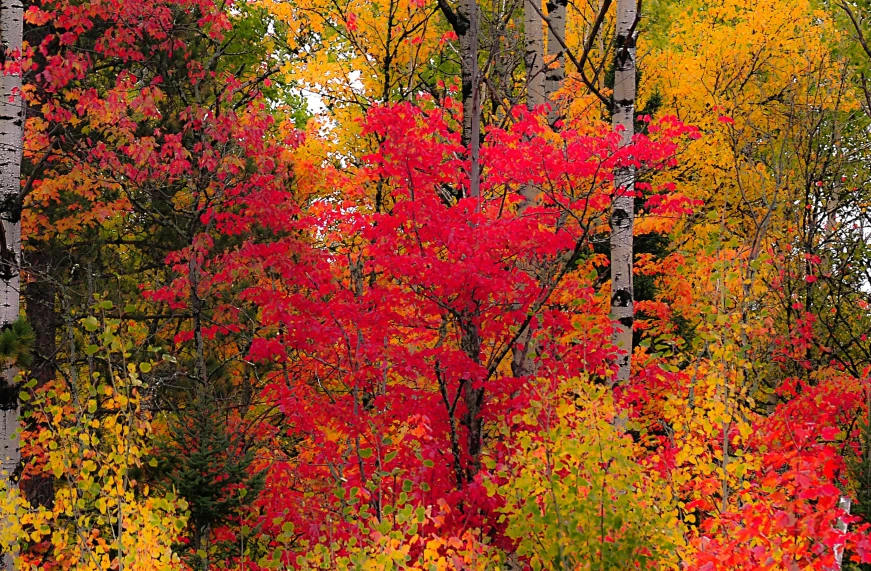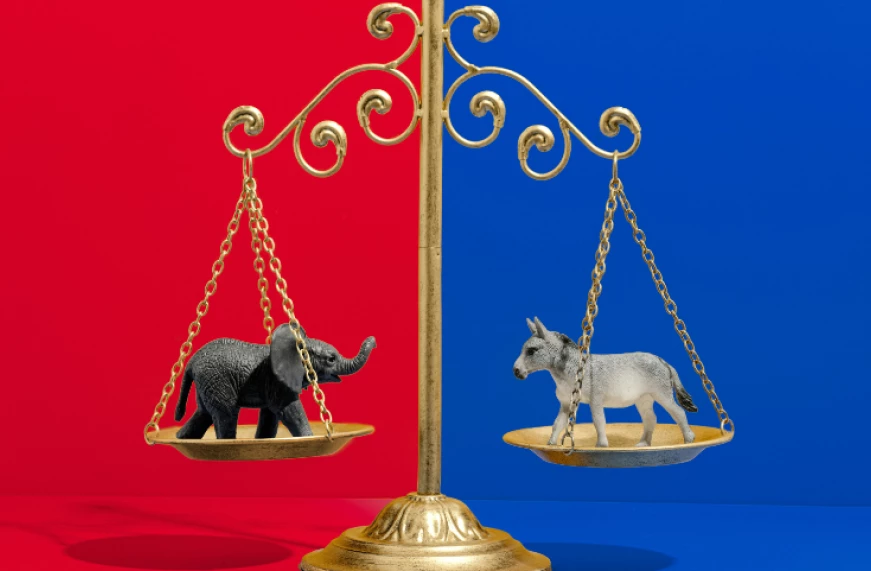Words are amazing! When I say, “A maple tree in every color of citrus including blood orange,” a creative image pops in your head. Maybe you saw a tree like that in your travels. Maybe you imagine one in your mind and it happens to have oranges, lemons, and limes for leaves. Or maybe you didn’t, but now you do. Words take you along a path, a story.
I trained and worked as a nurse for 45 years. That’s a lot of left-brain work: science, formulas, metrics, policies. But when I discovered poetry about 12 years ago, it was as if I could feel my right brain stretch and flex its neurons in a new way. I enjoy the feeling, the process and the craft. I enjoy the connection it gives to others as we discuss poems and poetry.
Nature is my main muse. Something about being outside enjoying God’s creation makes me want to write about it. Sometimes it’s just an observation, but that might turn into a metaphor, and then I’m delighted when it goes a step further and God shows me something about his character and his care for us.
Recently, I wrote a poem about the Westminster Confession of Faith 7.1 after a Sunday School class (okay, different muse), and in asking Bruce Baugus about the word “fruition” among other words, he wrote: “I generally cast this in terms of enjoyment. That comes most from Augustine, who I find extremely helpful on some of these points. For Augustine we use some things to enjoy other things and the ultimate object of enjoyment is God alone. Thus everything else is to be used to that end, and doing so is to make a right use of all other things because everything exists to the end of knowing and enjoying God (the glory of God).” This helped me see that I use poetry to enjoy nature to the end of knowing and enjoying God to his glory.
At the condo association where we live, I offered to paint the address plaques and a surprising benefit was that I was able to compose poems while mindlessly painting. My eyes and ears were open to the abundance of wildlife around. I was considering how to describe the evening crickets. I couldn’t sleep that night and pulled out Luci Shaw's book What the Light Was Like. In her poem “The Simple Dark,” she writes:
The shadow purples,
the dusk intricate with crickets. The sky
infested with pricks of light.
My whole body an ear, an eye.
See what she did there? I count six times she used the “K” sound in two sentences. The crickets are singing right there in the words. Luci uses her poetry to enjoy creation and to bring glory to God.
I’m also impressed by the lyric writers of hymns and songs with all their rhyme, rhythm and purpose. How great would it be to have your poem sung to the Lord in praise! I can’t speak for all the arts, but I know they influence each other. I’m anticipating hearing from those who enjoy other art forms.
Remember our maple tree? All the fall colors? Is the tree groaning as it goes through this dying season? Is it fall because of The Fall? Paul said, “For the creation was subjected to frustration, not by its own choice, but by the will of the one who subjected it, in hope that the creation itself will be liberated from its bondage to decay and brought into the glorious freedom of the children of God.” (Romans 8:20-21). Will there be those glorious colors in heaven? Or will there be colors we can’t even imagine? Beyond blood orange.
Paul knew about bondage. In this week’s passage about the gospel he says, “...for which I am suffering, bound with chains as a criminal. But the word of God is not bound!” (2 Timothy 2:9). Looking forward to Sunday as we worship together, celebrate communion and learn as Pastor Michael teaches from God’s word, the word that is not bound.



